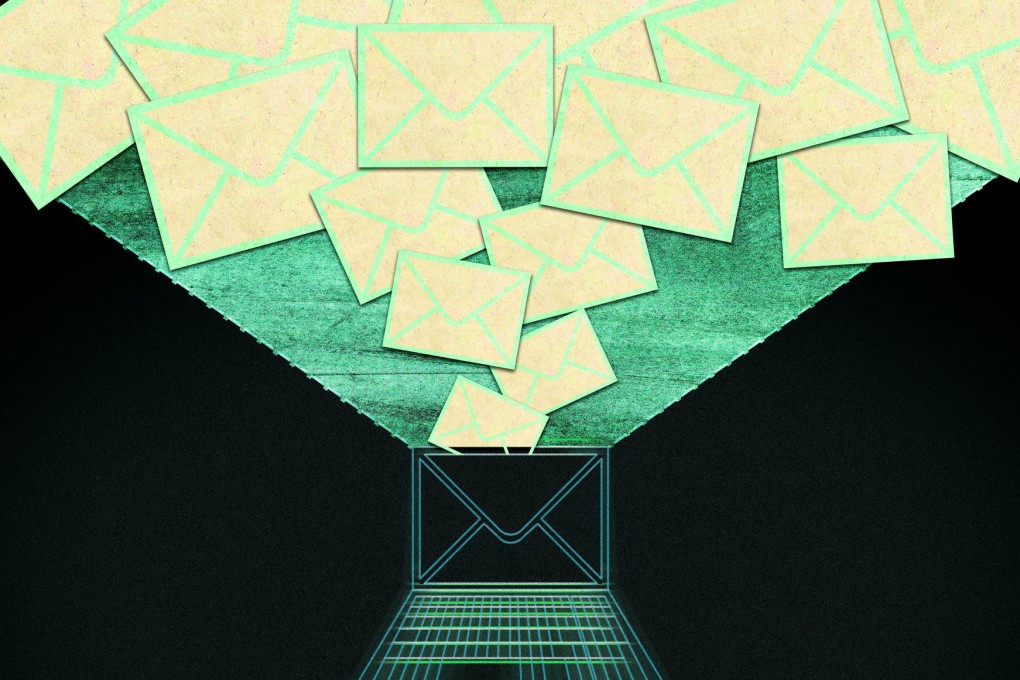Byte torrent: How we're becoming more vulnerable to spamming
Our inboxes may be less clogged with junk but that doesn't mean the spammers have been defeated. Oliver Burkeman investigates how your attention has become even more vulnerable to abuse

One Sunday evening in the spring of 1864, messenger boys employed by the London District Telegraph Company appeared on the doorsteps of several MPs and other prominent figures across the British capital. Each boy carried a telegram in a sealed envelope, and an urgent message, at so late an hour, naturally prompted alarm. "Having only arrived from the country on the previous day," one recipient later recalled, "I feared that a fire or some other casualty had occurred subsequent to my departure."
But there was no fire, nor any national crisis. As Matthew Sweet tells the story, in his book Inventing the Victorians, the telegram was from Messrs Gabriel, a sketchy firm of dentists and purveyors of a tooth-whitening powder "as used by Her Majesty". The message was a friendly reminder of their opening hours.
"I have never had any dealings with Messrs Gabriel," an anonymous correspondent bellowed in a letter to The Times the next day, "and beg to ask by what right do they disturb me by a telegram which is evidently simply the medium of advertisement?"
Today, the letter is included in the archives of the Computer History Museum, in Silicon Valley, in the United States, and with good reason: that telegram was arguably the first example of what would come to be known as spam.
It's tempting to think of e-mail spam as a largely historical phenomenon, too. Sure, messages touting knock-off Viagra do still arrive, along with pleas from the daughters of dictators looking to launder "15,000,000.00 (15 million) US Dollars", and wondering if you'll help. But they're intercepted by spam filters or else easily identified and deleted. (Human vanity doesn't evolve much: tooth-whitening products are still a popular topic.) There was a time, in the 1990s, when serious commentators predicted that spam might kill e-mail altogether. But these days, barring the occasional ingenious twist - what if your friend really did have his wallet stolen at the airport and needs cash? - you'd be forgiven for concluding that the era of spam was over. Yet the alarming realisation you come to after meeting Finn Brunton, a New York University academic and author of the new book Spam: A Shadow History of the Internet, is that it's only just beginning.
Partly, this is down to the law of unintended consequences: the campaign against spam has worked so well that it's no longer an option for ordinary, slightly dodgy marketers; instead, it's the domain of organised crime. But it's also because the basic logic of spam - that you can foist your message on millions of people, whether they like it or not, at essentially no cost, and that as long as a tiny proportion of them respond, you'll make a profit - has seeped across the rest of the web.